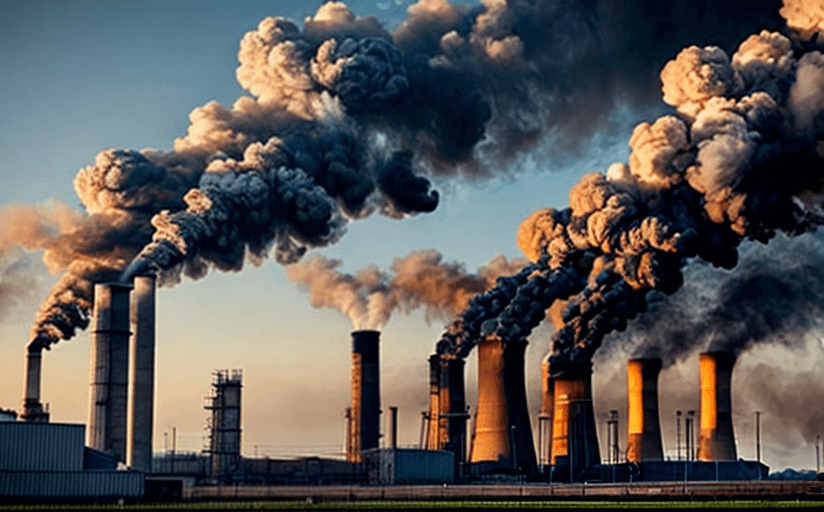Exploring How Industrial Pollution Has Impacted Human Health Around the World
Industrial pollution has had a devastating impact on human health around the world. It is estimated that over 5 million people die each year from air pollution alone, with many more suffering from a range of respiratory, cardiovascular, and neurological illnesses. The effects of this pollution are especially pronounced in developing countries with weak or non-existent environmental regulations. In order to protect people from the harmful effects of industrial pollution, governments, businesses, and individuals must take action to reduce emissions and mitigate the impacts.
The Effects of Industrial Pollution on Human Health
Industrial pollution can have a wide range of effects on human health, from respiratory problems to neurological disorders. Air pollution is a major source of health problems, with particles from burning fossil fuels and other chemicals creating smog and other air pollutants. This can lead to a range of illnesses, including asthma, chronic bronchitis, and cardiovascular diseases. Water pollution from industrial sources can also lead to health problems, including skin diseases, reproductive disorders, and gastrointestinal issues. In addition, industrial pollution can lead to psychological and cognitive issues, including depression, anxiety, and even dementia.
Measures to Mitigate the Effects of Industrial Pollution
In order to reduce the impacts of industrial pollution on human health, governments, businesses, and individuals must take action. Governments can set regulations to limit the amount of pollutants that can be released into the environment. They can also create incentives for businesses to invest in clean energy and other technologies that reduce emissions. Businesses can invest in more efficient technologies that reduce their environmental impact, as well as implementing rigorous waste management practices. On an individual level, people can reduce their own environmental impact by reducing consumption, recycling, and using less energy.
Examples of How Different Countries are Addressing Industrial Pollution
A number of countries have taken steps to reduce the health impacts of industrial pollution. For example, China has implemented a number of measures to reduce air pollution, including investing in renewable energy, introducing emissions standards for vehicles, and closing down polluting factories. India has also taken steps to reduce air pollution, including introducing clean air standards and launching a national campaign to promote renewable energy. In the United States, the government has introduced a number of regulations to reduce air and water pollution, as well as investing in renewable energy and energy efficiency technologies.
Technological Solutions for Reducing Industrial Pollution
A number of technological solutions are available to reduce industrial pollution. These include cleaner and more efficient combustion technologies, such as catalytic converters and advanced filters. Renewable energy sources, such as solar and wind, can also help to reduce emissions. In addition, businesses can invest in waste management technologies, such as incinerators and recycling plants, to reduce the amount of pollutants released into the environment.
The Psychological and Economic Effects of Industrial Pollution
In addition to the physical health effects, industrial pollution can have a significant psychological and economic impact on individuals, communities, and nations. Air and water pollution can lead to a decrease in quality of life, as well as a decrease in property values. On a larger scale, industrial pollution can lead to economic losses due to decreased productivity, increased health care costs, and other factors. People living in polluted areas may also suffer from a range of psychological issues, including depression, anxiety, and post-traumatic stress disorder.
Conclusion
Industrial pollution has had a devastating impact on human health around the world. In order to protect people from the harmful effects of industrial pollution, governments, businesses, and individuals must take action to reduce emissions and mitigate the impacts. A number of technological solutions are available to reduce industrial pollution, such as cleaner and more efficient combustion technologies, renewable energy sources, and waste management technologies. In addition, the psychological and economic effects of industrial pollution must be taken into consideration when developing measures to reduce emissions.


















Comments
Leave a Comment